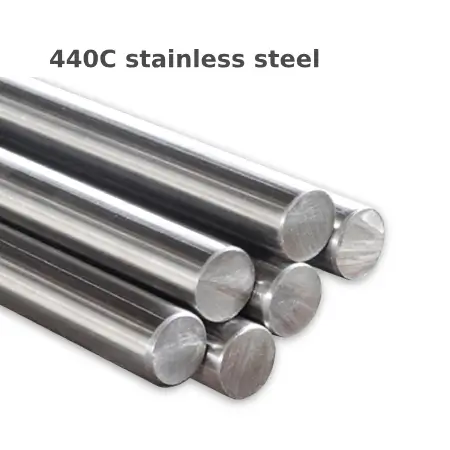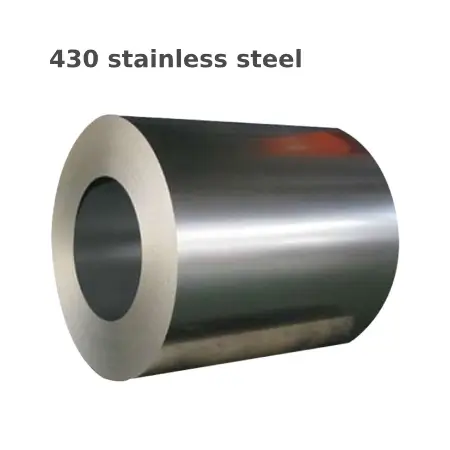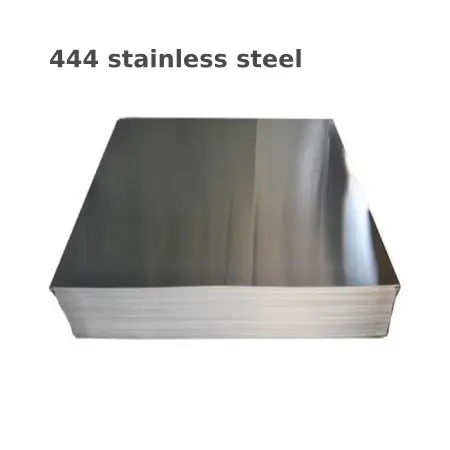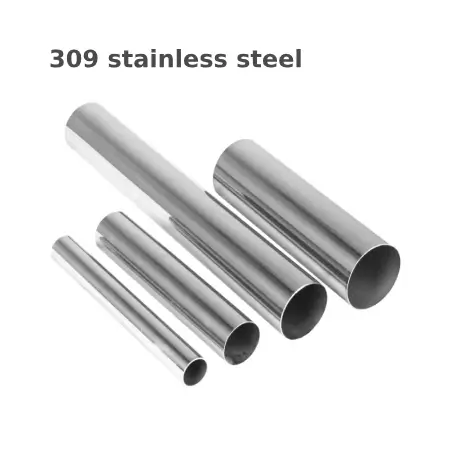Stainless steel wire is a type of wire made from stainless steel with a high degree of tensile strength and resistance to corrosion. It is a high-performance material that can meet the demands of a wide variety of applications.
Introduction to Stainless Steel Wire
Definition: Stainless steel wire is a flexible metal rod produced from stainless steel, which is an alloy typically composed of iron, carbon, chromium, and other elements like nickel, molybdenum, or niobium for enhanced properties.
Composition: The stainless steel used to make the wire contains at least 11% chromium which provides the material with its characteristic corrosion resistance. Different grades of stainless steel, such as 302. 304. 316. and others, are used depending on the required properties.
Grades: There are various grades of stainless steel wire, including austenitic, ferritic, martensitic, and duplex stainless steels, each with its own specific attributes and suitable for different applications.
Applications: Stainless steel wire is used in applications that demand high strength, corrosion resistance, and flexibility. Common uses include surgical instruments, aerospace components, automotive parts, construction rebar, springs, jewelry, fencing, knitting, cables, and more.
Properties: It is known for its good ductility, formability, and excellent workability, allowing it to be shaped into various forms such as coils, meshes, or ropes. It maintains its structural integrity and strength in a variety of environments.
Form: Stainless steel wire is available in various forms, such as straight lengths, coils, or spools, and in different diameters, suitable for weaving, tying, forming, and other applications.
Manufacturing Process: It is produced through a series of manufacturing steps, including melt processing, solidification, rolling or drawing, and annealing. It can also undergo cold drawing to achieve specific mechanical properties.
Size: The wire can be supplied in a range of diameters to meet specific requirements, from fine gauges used in medical applications to larger diameters for structural use.
Finishes: Stainless steel wire is available in a range of surface finishes such as bright, annealed, and cold-drawn to support different applications.
Corrosion Resistance: The corrosion resistance of stainless steel wire makes it suitable for use in harsh environments where other metals might corrode, such as marine or chemical processing applications.
Heat Treatment: Stainless steel wire can undergo heat treatment processes to improve its mechanical properties or adjust its physical characteristics according to specific applications.
Standards and Certifications: The production and supply of stainless steel wire often adhere to international standards and industry specifications, ensuring quality and consistency.
Maintenance: Low maintenance is required for stainless steel wire, as it resists rust and corrosion. Regular cleaning with mild detergent and water helps in maintaining its appearance and performance.
Stainless steel wire offers a combination of durability, strength, and versatility, making it ideal for an extensive range of industrial, commercial, and consumer applications. Its resistance to corrosion and ability to be shaped into various forms without loss of strength or integrity are key advantages.






